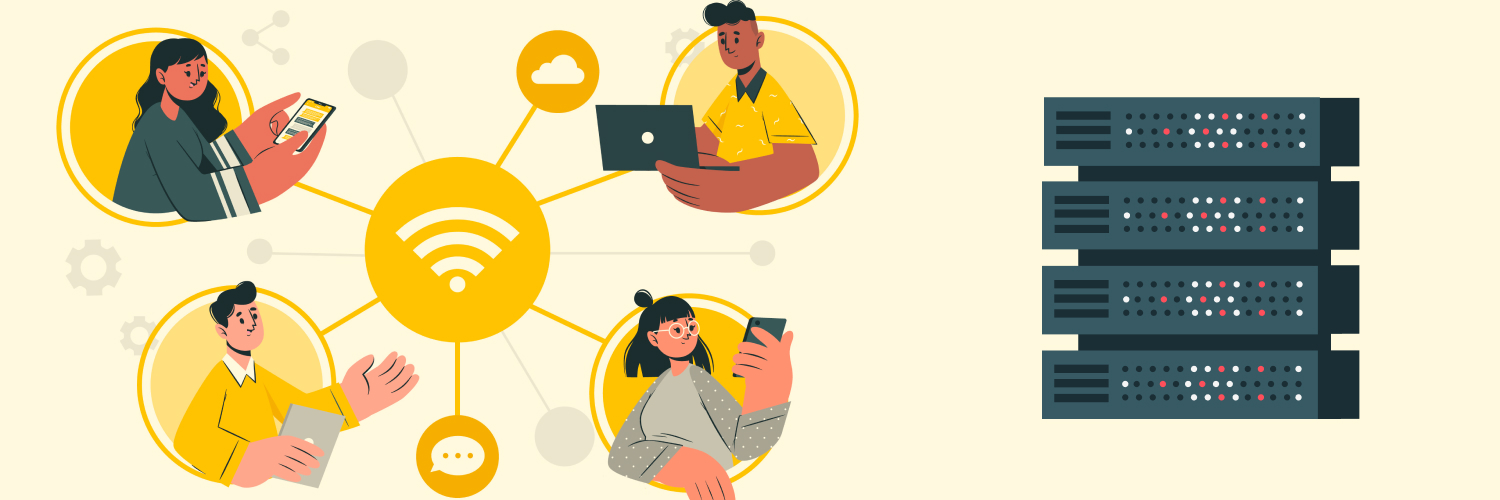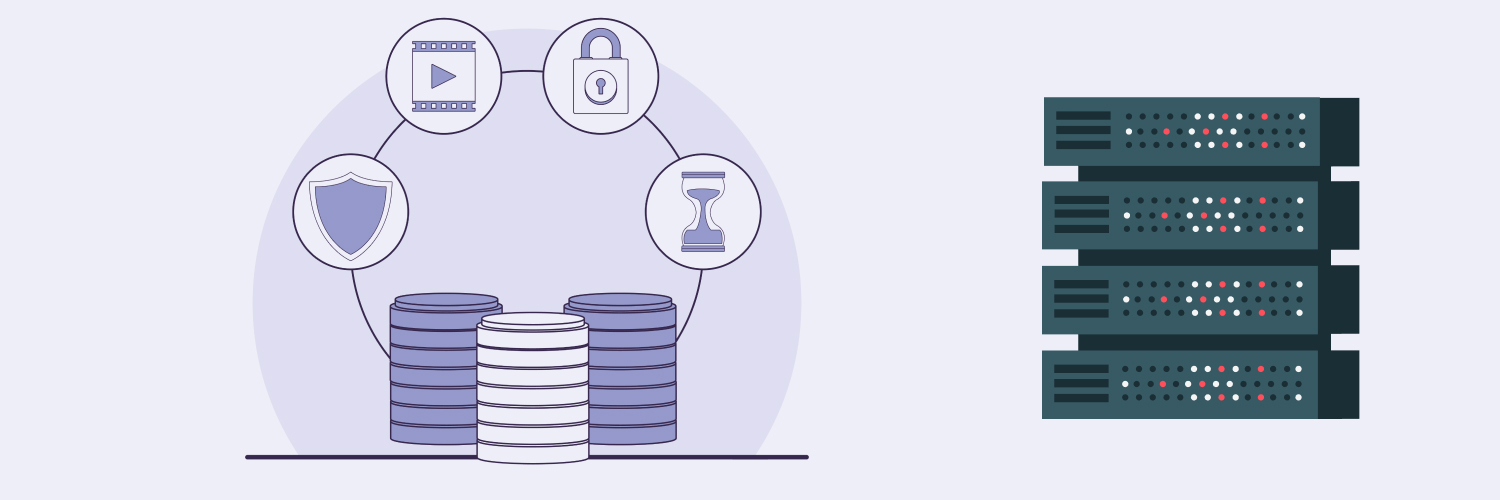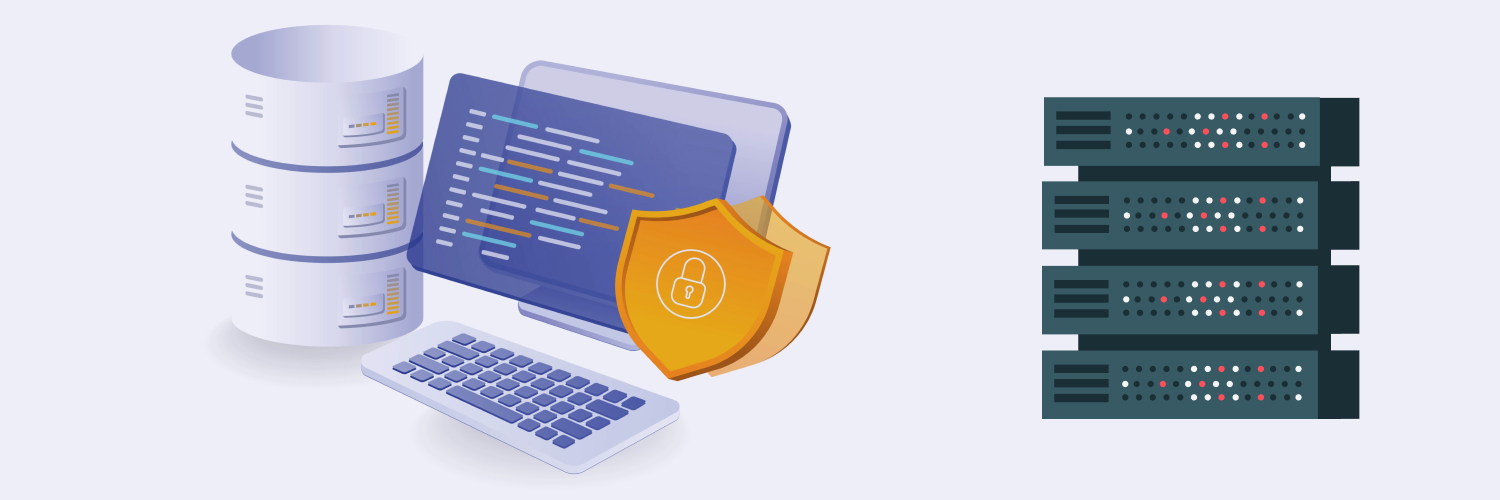What Is A Residential IP Address And Why Are They Used?
It’s impossible to deny that our lives have become intricately intertwined with technology and the internet. Whether we are shopping online, streaming our favorite movies and TV shows, working remotely, or simply scrolling through social media, our devices must constantly connect to various servers and networks to access the information we seek.
Each device or network that connects to the internet is assigned an IP address for identification. While there are various types, one of the most useful is the residential IP address.
Here’s how they differ from other types of IP addresses.
What Is a Residential IP Address?

IP stands for “Internet Protocol,” and an IP address is a numerical label assigned to every device connected to a computer network that uses the Internet Protocol for communication. The IP address identifies the host or network interface and the device’s location.
IP addresses can be IPv4 (Internet Protocol version 4) and IPv6 (Internet Protocol version 6). IPv4 addresses use a 32-bit addressing scheme and consist of four sets of numbers separated by periods, such as 192.168.1.1. IPv6 addresses are longer and use 128-bit addressing, consisting of eight sets of four hexadecimal digits. Each set is separated by colons, such as 2001:db8:3333:4444:5555:6666:7777:8888.
Currently, IPv4 is more commonly used. Although IPv6 has multiple benefits, including a vast number of available addresses and increased security, widespread adoption has yet to occur.
A residential IP is a public IP address that an internet service provider (ISP) assigns to a residential internet user. The residential IP address is the gateway through which all devices within that home network can access the internet.
Residential IP addresses are typically assigned dynamically, although some ISPs may offer static residential IP addresses at an additional cost. A static IP address assigned to a particular device remains the same throughout all the device’s attempts to connect to the internet unless the user manually changes it.
On the other hand, a dynamic IP address can change at any time, although the internet user does not have to do anything when such a change occurs. ISPs generally assign dynamic IP addresses to residential internet users because these are more cost-effective than static IPs. For the average residential internet user, it doesn’t matter much whether their IP address is static or dynamic. But this may be something to consider if you’re undertaking large web scraping projects.
How Residential IP Addresses Differ From Other IP Addresses

Residential IP addresses stand apart from other IP addresses in several ways:
- Source: Residential IP addresses are sourced from residential ISPs and are assigned to individual households. Public IP addresses are typically assigned to servers and data centers, while private IP addresses are used within local networks. A data center IP address does not belong to an ISP. As the name implies, it originates from a data center. These are generally used to mask the user’s true IP address.
- Ownership: Residential IP addresses are linked to a specific residential location and are usually owned by the ISP. In contrast, organizations or data centers might own public IP addresses and private IP addresses are assigned to devices within a local network.
- Anonymity and legitimacy: Residential IP addresses are considered more legitimate than data center IP addresses, as they represent real users and locations. Websites and services often view data center IP addresses suspiciously and may block all data center IPs.
- Accessibility: While public IP addresses (both residential and data center) are accessible from the internet, private IP addresses are only accessible within a local network.
Is My IP Residential?

Many online tools and services can help you determine if your IP address is associated with a residential, commercial, or data center network. These IP geolocation services can provide helpful information about the type of network, but they may not always be accurate.
To determine if your IP address is associated with residential ISP hosting, search for “IP geolocation service” on your preferred search engine and use one of the more reputable websites, such as WhatIsMyIPAddress.
Keep in mind that you should always be cautious when sharing your residential IP address or any other kind of personal information online and always use reputable services and websites when conducting these checks.
Why Use Residential IP Addresses?

Many internet users find that using a residential IP address is beneficial for various reasons, including:
- Authority and trustworthiness: Residential IP addresses offer users a certain level of authority and trustworthiness. Unlike data centers or commercial proxies, residential IP addresses are associated with actual residential locations, making it less likely that websites and other online services will detect and block them.
- Web scraping and data aggregation: Web scraping is the process of extracting large amounts of data from websites for market research, competitor analysis, price monitoring, etc. Using residential IP addresses for web scraping can help you avoid detection and circumvent access restrictions that some websites impose. A data center IP address may make your traffic appear bot-like, but a residential IP address will help your scraper resemble regular user traffic.
- Geo-restricted content access: Some online content, such as certain websites or content hosted on streaming services, may be inaccessible to users in certain locations. Residential IP addresses from approved areas can enable users to access this content, as they mimic the location of a real residential user.
- Ad verification: Many advertisers and marketers often use residential IP addresses to help verify that their ads are being displayed correctly and to prevent ad fraud.
Concerns and Limitations of Residential IP Addresses

While residential IP addresses offer advantages, they also have some drawbacks:
- Limited availability: Residential IP addresses are a finite resource, and their availability depends on the ISP’s allocation policies. Obtaining a residential IP address can be challenging and expensive.
- Legality and misuse: Some bad actors might misuse residential IP addresses for illegal activities, such as hacking, fraud, or unauthorized access. This can lead to websites blacklisting certain residential IP address ranges, unfairly affecting legitimate users.
- ISP restrictions: ISPs often enforce terms of service that prohibit certain activities when using their residential IP addresses, such as running servers, web scraping, or participating in excessive data usage. Violating these restrictions can lead to penalties or service termination.
- Website restrictions: Some websites block residential IPs if they are associated with a virtual private network (VPN). Detecting a VPN residential IP can tip off some websites, such as streaming services, that the user is attempting to get around geographically-based content restrictions.
How Rayobyte’s Residential Proxies Can Help

A residential proxy is an intermediary server that uses a real residential IP address belonging to an ISP. It acts as a middleman between your true IP address and the internet.
Rayobyte’s reliable, ethically sourced residential proxies can provide a simple way to avoid the various limitations of residential IP addresses. Using our vast residential proxy network, you can tap into a network of devices belonging to millions of real users from around the globe. Your web traffic can appear to originate from a U.S. residential IP or a residential IP address located virtually anywhere else. You’re not limited to using a single residential IP address.
You can use residential proxies for a wide variety of use cases, such as:
- Online security and privacy
- Data aggregation
- Web scraping
- Market research
Ethical Sourcing of Residential IP Addresses

Ethically sourced residential IP addresses are obtained in a manner that respects the privacy and consent of the individuals using those addresses. Your proxy provider should adhere to these best practices:
- Consent: Ensure that users whose IP addresses are being used have given explicit permission for their addresses to be collected and used. This could involve clear opt-in mechanisms or disclosure in the ISP’s terms of service.
- Privacy protection: Protect the personal information of users whose IP addresses are used as proxies. Avoid storing or sharing any personally identifiable information associated with the IP addresses.
- Transparent data collection: Clearly communicate the purpose of collecting residential IP addresses to the users, and be transparent about how this data will be used.
- Use case justification: Have a legitimate and lawful reason for collecting, selling, and using residential IP addresses. Ensure that it aligns with the intended use and does not infringe on the privacy or rights of the users.
- Anonymization: Whenever possible, aggregate and anonymize the data collected from residential IP addresses to prevent individual identification.
- Data security: Implement robust security measures to protect the collected data from unauthorized access or breaches.
- Compliance with regulations: Ensure compliance with all relevant data protection and privacy laws in the jurisdictions where the data is being collected and used. This includes regulations such as the GDPR (General Data Protection Regulation) in the European Union and CCPA (California Consumer Privacy Act) in the United States.
- Limited retention period: Establish clear guidelines on how long residential IP address data will be retained and make sure the provider does not retain it for longer than necessary.
- Ethical partnerships: If working with other third-party providers or data brokers, ensure those third parties adhere to the same ethical principles regarding the sourcing and usage of residential IP addresses.
- Regular auditing: Conduct periodic audits to verify compliance with ethical standards and identify any areas for improvement.
Ethically sourcing residential IP addresses is essential to protect the privacy and rights of individuals. Any misuse or unethical practices in handling this data can have serious consequences, both legally and in terms of reputation.
Proxy providers should always prioritize these ethical considerations when working with any type of personal data, including the data attached to residential IP addresses.
Rayobyte’s commitment to residential proxy ethics
Rayobyte sets the industry standard for the ethical sourcing of residential proxies. We acquire our residential IP proxies in one of two ways:
- Paying customers directly for the use of their residential IPs
- Reselling residential IPs from partners who share our ethical values
We have several safeguards to ensure the continued ethical usage of our residential proxies:
-
- Vetting: Anyone wishing to purchase residential proxies from Rayobyte must prove their business use case is legitimate and aligns with our ethical standards. They must also go through our robust “Know Your Customer” vetting process.
- Usage monitoring: Even after we sell our residential proxies, our monitoring system keeps a watchful eye on how customers use them. If a customer uses a residential proxy for anything other than a verified use case, we immediately shut it down. It is essential that all usage of our residential proxies meets our ethical and legal standards.
- Total privacy compliance: As a company that sells proxies, we do not collect personal information from users who agree to share their residential IP addresses for use as proxies. We also maintain full compliance with all relevant legal data protection statutes.
Conclusion

Residential IP addresses play a crucial role in shaping our online experiences. As a unique identifier assigned to individual households by ISPs, these addresses offer increased trustworthiness, possible access to geo-restricted content, and enhanced security. However, they also come with limitations and challenges, such as limited availability and concerns about misuse.
Rayobyte’s ethically-sourced residential proxies are a simple way to gain access to a vast pool of residential IP addresses. Buying our residential proxies means you can rest assured that you are getting the best residential IPs available. Start your residential proxy free trial today.
The information contained within this article, including information posted by official staff, guest-submitted material, message board postings, or other third-party material is presented solely for the purposes of education and furtherance of the knowledge of the reader. All trademarks used in this publication are hereby acknowledged as the property of their respective owners.






